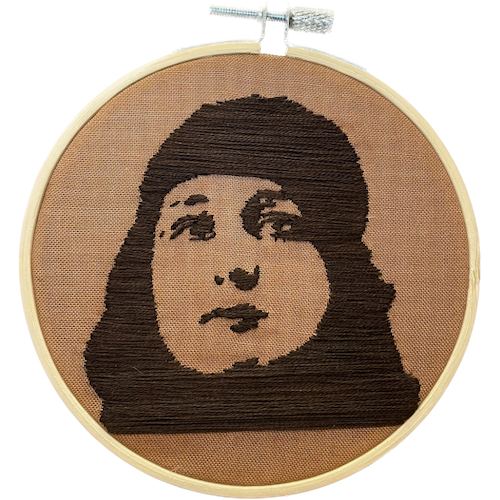
Huda Sha’arawi
Huda Sha’arawi was an anti-colonial activist, feminist, and founder of the women's movement in early 20th century Egypt. She grew up in the harem tradition and was frustrated by the isolation and restriction she faced as a girl. She valued her education and used it to propel her forward in her social causes. In 1908, she became deeply involved in political activism advocating for Egyptian independence from British rule. In her activism, she founded the first Egyptian secular philanthropic organization run by women for women, the Wafdist Women's Central Committee (the first political organization for Egyptian women), and the Egyptian Feminist Union (in response to women being denied the vote). She also led the largest women's protest in the revolution for independence. Despite women's involvement in Egyptian independence, they were left out of negotiations with Great Britain and were not granted the vote.
Sha’arawi continued to organize for women's rights including suffrage, reforms to personal status laws, access to education, and minimum marriage age for girls. In 1923, her defining moment of feminist activism came when she ripped off her face veil in a public train station rejecting the symbol of social stratification and isolation for women–allowing it to become a personal, religious choice once again. Though only some of Sha’arawi’s goals as an activist were realized during her lifetime, she laid the foundation for women's liberation work in Egypt.